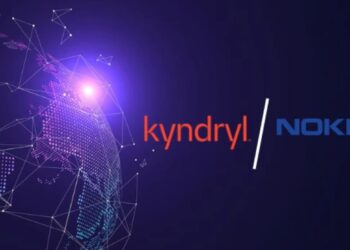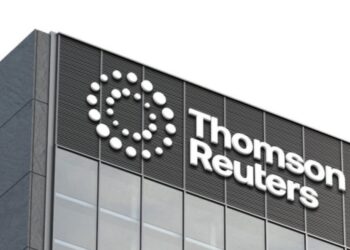The United Nations General Assembly (UNGA) has announced two significant initiatives aimed at strengthening global governance of artificial intelligence (AI): the United Nations Independent International Scientific Panel on AI and the Global Dialogue on AI Governance. This move comes at a crucial time as nations worldwide grapple with the rapid advancement of AI technologies and their profound implications for society, the economy, and governance.
The first initiative, the United Nations Independent International Scientific Panel on AI, is designed to serve as a vital bridge between the latest scientific research on AI and global policy-making. Composed of 40 independent experts from various geographic regions, this panel is tasked with providing rigorous, impartial scientific assessments. Its purpose is to help the international community anticipate emerging challenges and make informed decisions on AI governance. The panel will produce annual, evidence-based reports to guide discussions and policies.
The second initiative, the Global Dialogue on AI Governance, will be an inclusive platform under the UN’s umbrella, bringing together member states, industry leaders, civil society, and academia. This dialogue will foster open discussions on critical issues like algorithmic bias, misinformation, and the societal impacts of AI, such as job displacement and autonomous weaponry. Annual high-level sessions, beginning in July 2026, will review the Scientific Panel’s reports and promote transparency and collaboration.
UN Secretary-General António Guterres described the launch of these mechanisms as a “pathbreaking milestone,” highlighting their importance as a demonstration of member states’ commitment to the Global Digital Compact. This compact, which was adopted as part of the Pact for the Future in September 2024, is a framework designed to promote digital rights and ensure equitable, inclusive, and ethical AI technologies for all.
The new initiatives reflect a collective effort to harness the benefits of AI for the common good while mitigating its risks. By creating a collaborative and expert-driven framework, the UN hopes to prevent the misuse of AI, bridge the global digital divide, and ensure that technological advancements serve humanity’s shared goals of peace, equity, and sustainable development.
















